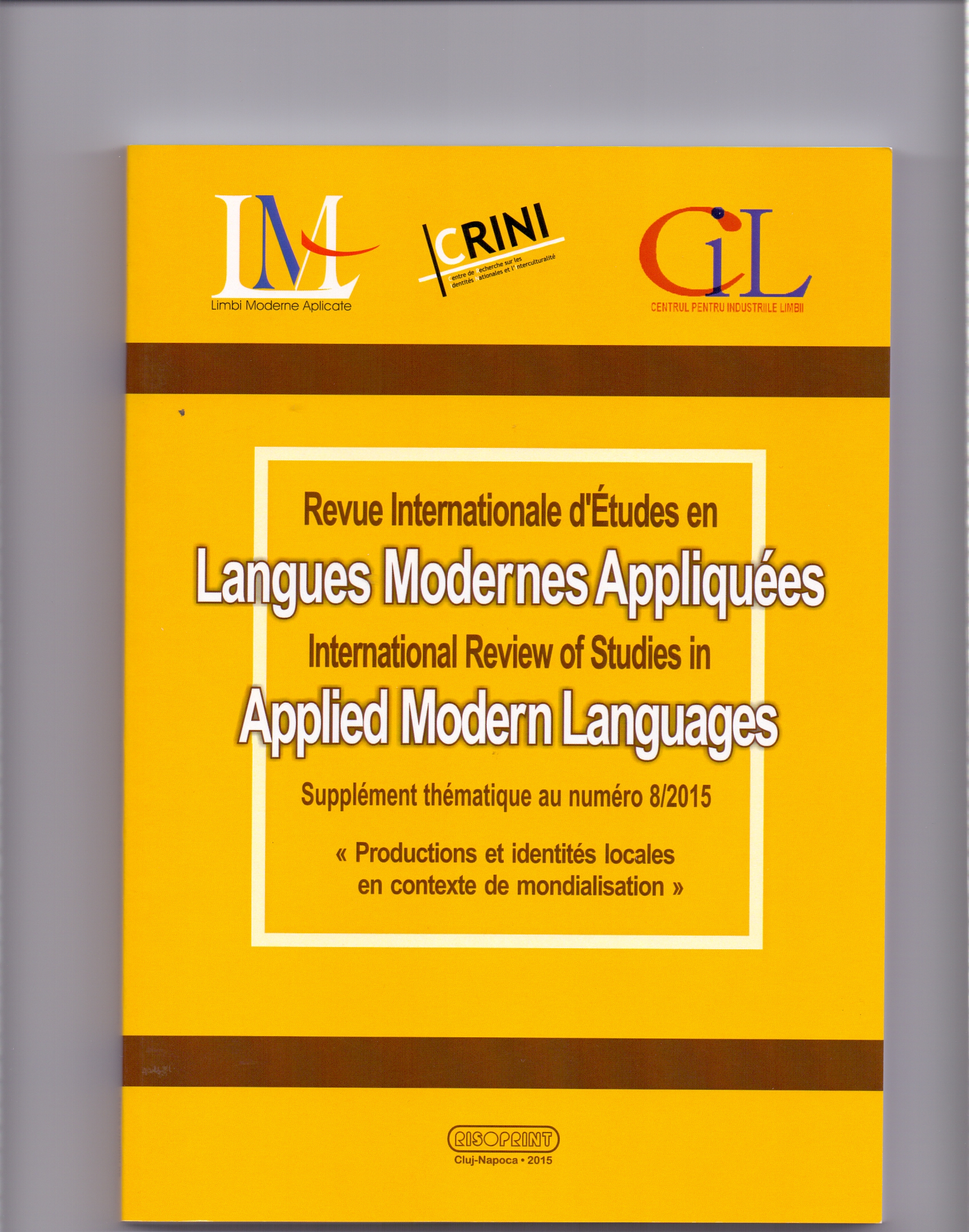La dette souveraine contemporaine – entre nécessité et risque. Analyse des comportements des États développés et émergents
Today's Sovereign Debt between Need and Risks. An Analysis of Behaviors of Developed and Emerging Countries
Author(s): Mihaela Luțaș, Liviu DeceanuSubject(s): Economic policy, Public Finances
Published by: Risoprint
Keywords: sovereign debt; sustainability; debt load; developed countries,; emerging countries; sovereign risk; debt indicators;
Summary/Abstract: During recent years, the business (and academic) world were concerned more and more about the increasing sovereign debt. This is a topic that is also relevant to current and future economists, as well as LEA students preparing to integrate a professional environment where a good economic culture and the proper interpretation of the facts are essential; a subject that interests all of us for its consequences on growth, economic stability, the international economic relations and the perception of sovereign risk. The current debate began with the sovereign debt crisis, the Greek problem which in 2010 became very serious, the Government being unable to honor its external commitments. It has taken sustained international intervention, mainly carried out by the European Union, but also by the IMF. Yet the situation is still unresolved. This crisis, in our opinion favored by insecurity and the inconsistency of governance, as well as the too early and badly prepared Euro adoption, and by the severe financial turmoil in the world economy, has put in difficulty the common European currency and even the economic and monetary union. Shortly after the start of the Greek crisis, which also had as a "catalyst" the pro-cyclical response of rating agencies, it was found that the problem was much deeper, and that other countries have also been affected by massive debt. In the last 5-6 years, debts have doubled in the so-called emerging markets, while rising by just over a third in the developed world. However, we will not say here that all indebted countries are in real trouble – Japan, for example, is not in a state of macroeconomic imbalance, although the premises are present (debt to GDP of over220%). In this context, the construction of sovereign debt indicators and alert thresholds represent a significant gain for the political decisions of states and economic operators.
Journal: Revue Internationale d'Études en Langues Modernes Appliquées
- Issue Year: 08/2015
- Issue No: Suppl.2
- Page Range: 123-145
- Page Count: 23
- Language: French

